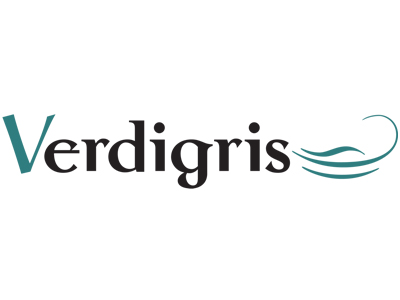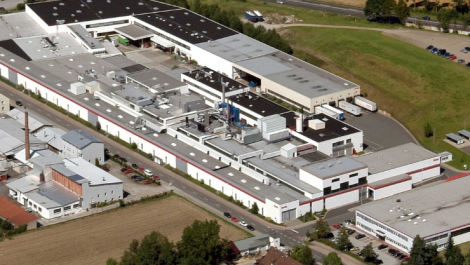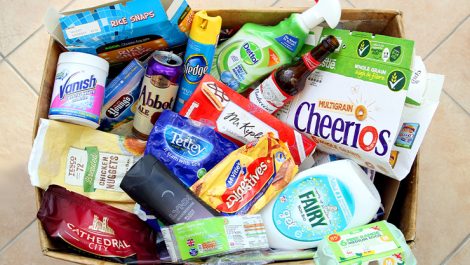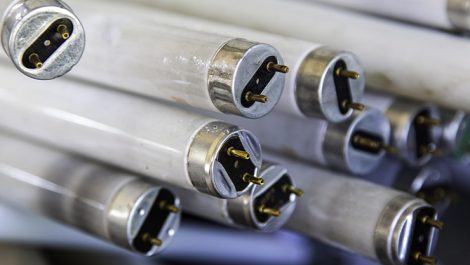The environmental benefits of digital printing are obvious and broadly recognised. Print buyers and publishers can operate with reduced inventories. Less waste is produced during production and through excess production. With a digital workflow, make readies are faster and direct output means lower consumables and energy usage. The added attractions are the cost effective production of short runs of highly targeted materials, with higher value and effectiveness and of course bespoke variable data documents. The list goes on and on, but tax benefits have not previously been considered in the mix. Maybe they should be, particularly for governments who want to encourage sustainability.
The Dutch government has two mutually compatible schemes underway to do precisely that. Under the MIA scheme, environmentally friendly investments qualify for an additional tax deduction of up to 36% of the investment cost. Under the Vamil scheme business owners can decide for themselves how and when to depreciate capital equipment, up to 75%, with the rest amortised following the usual rules. The idea is to encourage entrepreneurs to bring environmentally friendly products quickly to market and to get businesses to invest in environmentally friendly kit. The two programmes are managed by the Dutch Enterprise Agency and have a budget totalling over €100 million.
There are certain conditions that the proposed investment have to meet in order for business owners to qualify for the tax breaks. According to the Dutch government’s website to count an investment must “provide an obvious environmental benefit; be innovative or must still have a small market share in relation to the alternative; and be more expensive than the environmentally unfriendly alternative. ” Digital printing technologies answer a resounding YES to all of these requirements.
And the graphics industry has its first manufacturer with a digital press that qualifies for the MIA/Vimal programme. Fujifilm has announced that the JetPress 720s B2 inkjet digital colour press complies with the scheme’s requirements. The JetPress’s water based inks are deinkable under the same conditions as offset printed prints. Furthermore the JetPress does not use any applied primer that has substances that might be of environmental concern, another stipulation of the MIA/Vimal programme. The press includes Fujifilm’s Rapid Coagulation Primer system, which lays down a very thin ink film to encourage the coagulation of ink droplets. The coagulation layer’s chemistry also helps to make the ink easy to remove under the right conditions in deinking and recycling processes.
Tax incentives are an increasingly common means to encourage sustainable investment. Fujifilm is to be commended for its efforts to ensure that the JetPress conforms to the Dutch government’s requirements. It would be great if we could see more policies of this kind and more digital press manufacturers following the Fujifilm lead.
– Laurel Brunner
This article was produced by the Verdigris Project, an industry initiative intended to raise awareness of print’s positive environmental impact. This weekly commentary helps printing companies keep up to date with environmental standards, and how environmentally friendly business management can help improve their bottom lines. Verdigris is supported by the following companies: Agfa Graphics, EFI, Fespa, HP, Kodak, Kornit, Ricoh, Spindrift, Splash PR, Unity Publishing and Xeikon.





